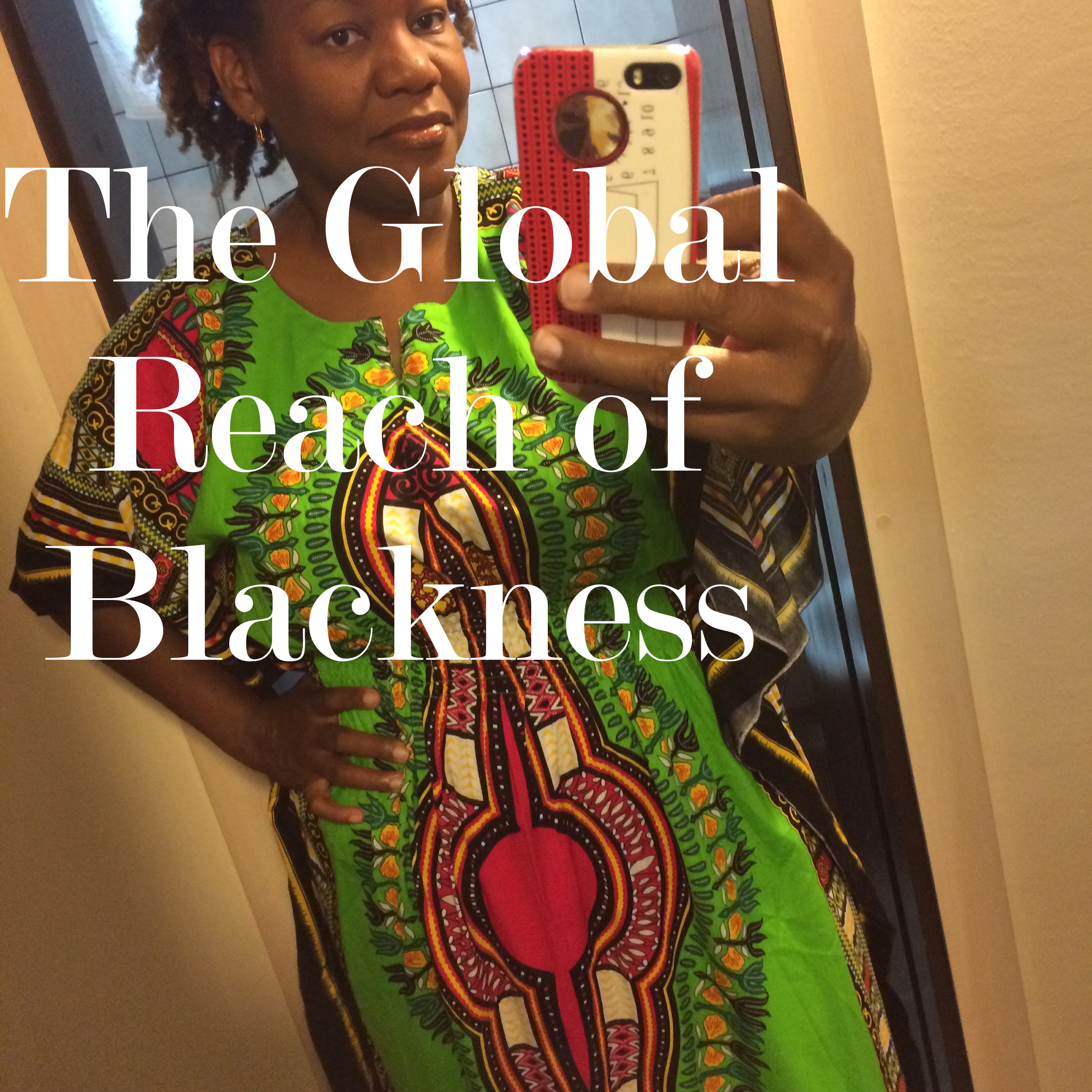
Today I presented about Fannie Lou Hamer. This is a presentation I’ve done many times now, but because of the audience it was quite different. Because the audience was European and specifically people from the Balkan Peninsula, I stopped much more frequently to explain terms. I spent time on “sharecropping” “Jim crow” and explaining why voting was a signature battleground for Mrs. Hamer. The group was thoroughly engaged and asked probing questions.
One particularly resonant question had to do with why African Americans faced discrimination when it was clear that we had added so much to the culture. The audience member cited the arts specifically.
From my brief time in Europe and reading Toni Morrison, I came up with this explanation.
First I explained that the system of enslavement was very intimate in the US. I talked about how Thomas Jefferson had a family with his wife and a family with his slave, and (to forget complicate matters) the slave was his wife’s half sister.
I then talked about how white people in the US gave up ethnicity to just be “white.”
I didn’t say this at the time, but they gave up their songs, and cuisines, and religions, and ancestral memories.
I told them that being “white” in the US is an identity that is built in opposition to being black. So, in many ways white people need black people around to provide their identity. This explains the schizophrenic “I hate you/ don’t leave me” psychodrama that is much of US race relations.
I have to say, that after spending time with such a diverse group of ethnic Europeans– people from Albania, Kosovo, Macedonia, — I have never felt sadder for white people gave up. There is so much beauty in a multivariate whiteness that isn’t self conscious and tentative. That is backed up by thousands of grandmother stories.
Later, I spent time with my smaller individual group whose focus is hip-hop and protest poetry. I led them in a quick and dirty lesson on prejudice, discrimination, and structural or systemized bias. Then they wrote activist mission statements. Finally, they drafted some poetry of their own. I played Gil Scott Heron’s “The Revolution will not be Televised.” I also shared a poem with them that I wrote called “Caveat.” It is a feminist poem with Jacqueline Kennedy Onassis as the major figure. I share it for the students whose voice may not be geared toward the “rah rah” of hip-hop, but more toward introspection.
Then my co-teacher Dj Goce arrived. What a delightful gift he is! Goce is Macedonia’s venerated hip-hop pioneer and producer. He brought in his turntables, his beat machines, and tons of personality. His deep knowledge of the music and the culture and his producing gift is prodigious.
So many artists have talked about the deep love and appreciation that black music gets globally, but the sit next to this Macedonian man as he argued for a return to socially conscious lyrics in hip hop. All while spinning vinyl was simultaneously surreal and enlightening.
Tomorrow, the students will go “crate digging” in a local record store and work to create a complete social justice project that combines poetry and hip hop.
Here are some highlights from the day: